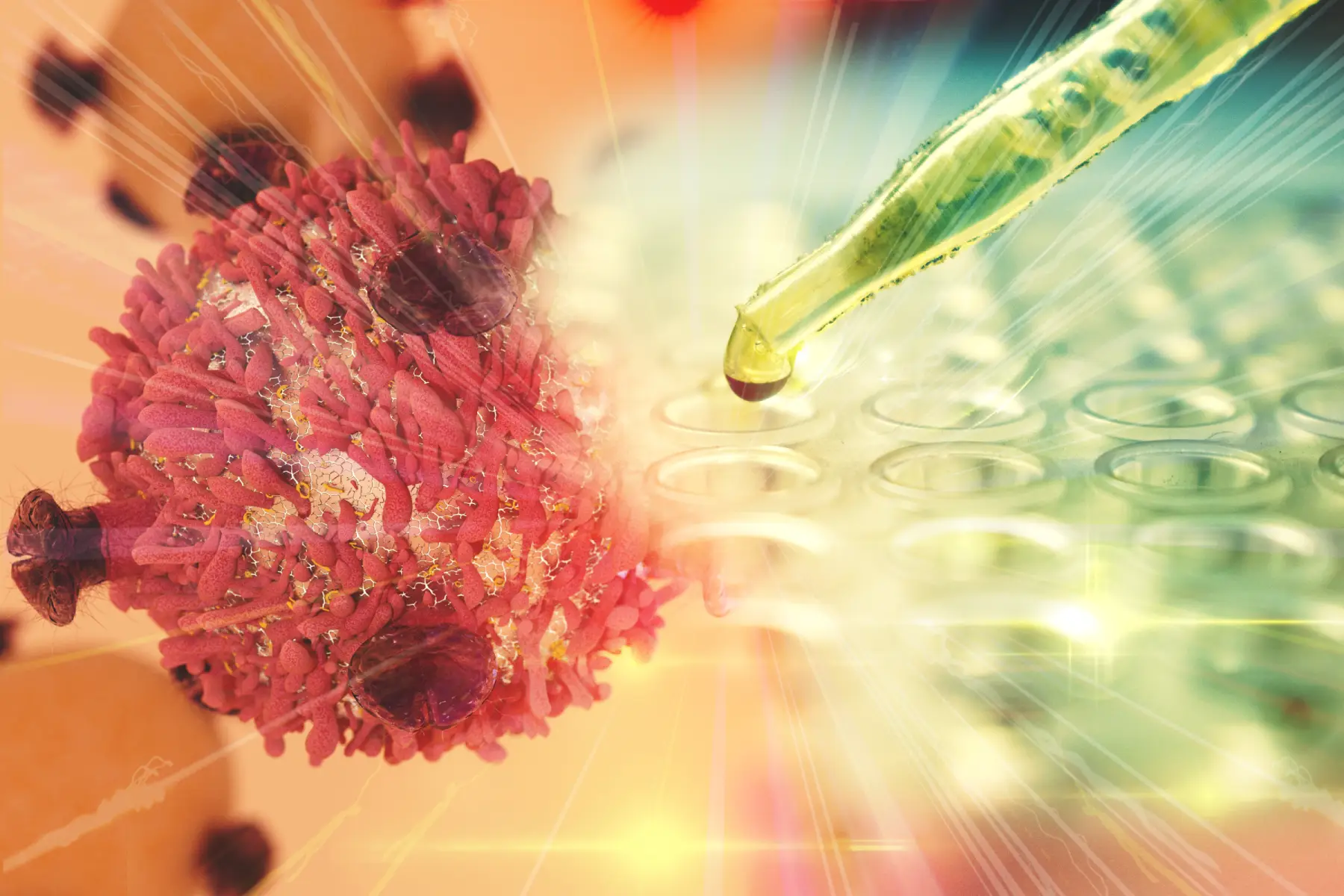
The benefits of exercise in the quest for a healthy body and mind are well documented. It promotes better sleep and allows the body to regenerate, strengthening bones, muscles and can help to increase your lifespan. In fact, exercise is considered to be a medicine in its own right!
An article in the National Library of Medicine’s Editor in Chief Anne K Swisher, entitled “Yes, exercise is medicine … but so much more!” outlines the American College of Sports Medicine (ACSM) campaign to educate health care providers of the benefits of exercise for a range of diseases and disorders, which is supported by Lisa W McVey and E Hillegass medical papers into the effects of exercise on patients with kidney disease.
With this in mind, it is no surprise to learn that exercise is one of the most effective ways to boost your immune system, This is important, as a robust immune system is crucial for good health and especially for protecting us against cancer. When functioning correctly, the body’s immune system can protect against cancer cells Immunotherapy for cancer, utilises the body’s immune system to seek out and destroy the cancer cells.
What is the immune system?
Let’s backtrack by explaining how the immune system works, in simple terms it protects the body from infection by recognising and fighting off threats in the form of viruses, pathogens and damaged cells.
Innate and adaptive immunity
Innate immunity is present from birth, it recognises threats such as toxins and bacteria and releases cytokines and chemokines (messenger molecules) which trigger the response from the immune system.
Dr. Deborah Fuller, a microbiologist from the University of Washington, explained that pathogens and antigens (the molecules on the surface of pathogens) are broken down and presented to the body’s memory cells (B and T cells), at which point the immune response kicks in. The B cells produce antibodies to block infection and halt the damaged cells replicating. The ‘antigen presenting cells also trigger T cells to find and eliminate damaged cells. Once the threat has been dealt with, the memory cells will reactivate upon recognising the same pathogen should it occur again in the future. The bad cells will be identified and destroyed, thereby preventing illness. Find out more about T cells and immunotherapy.
How exercise works to benefit the immune system
Exercise encourages the body to produce cytokines and chemokines which bolster the immune system to make sure its in prime condition and ready to fight off any threats, quickly and more effectively. It also helps the body to regulate the correct immune response to each infection, preventing inflammation causes by an overactive immune system.
One example which is particularly pertinent post-pandemic, is that people who caught Covid-19 who exercised regularly, were least likely to be hospitalised. Whereas those who were not physically active, were more likely to suffer inflammation, causing lung and tissue damage.
What type of exercise?
Now we know how important it is to keep active for a healthy immune system, we need to establish the optimum level of activity to achieve these benefits. According to Dr. Christopher McMullen, Harborview Medical Center, around 2.5 hours of moderate cardio and strength exercises per week is recommended in order to realise any benefits. Alternatively, if you prefer high intensity exercise, around 1.5 hours will suffice. There is no need to go mad (as overtraining can have an adverse effect) or adhere to specific programmes. You can break up your exercise into achievable blocks to fit into your schedule and lifestyle
The takeaways are that exercise makes your immune system function better by helping the body to:
- Develop a stronger antibody response
- Produce messenger molecules to trigger an immune response
- Activate muscles and increase blood flow
- Improve heart rate
Just remember, the most important point is that any type of physical activity is better than none and you should go at the rate that is comfortable for you.
For more information about the immune system and immunotherapy as a cancer treatment, contact info@innovitalife.com.



